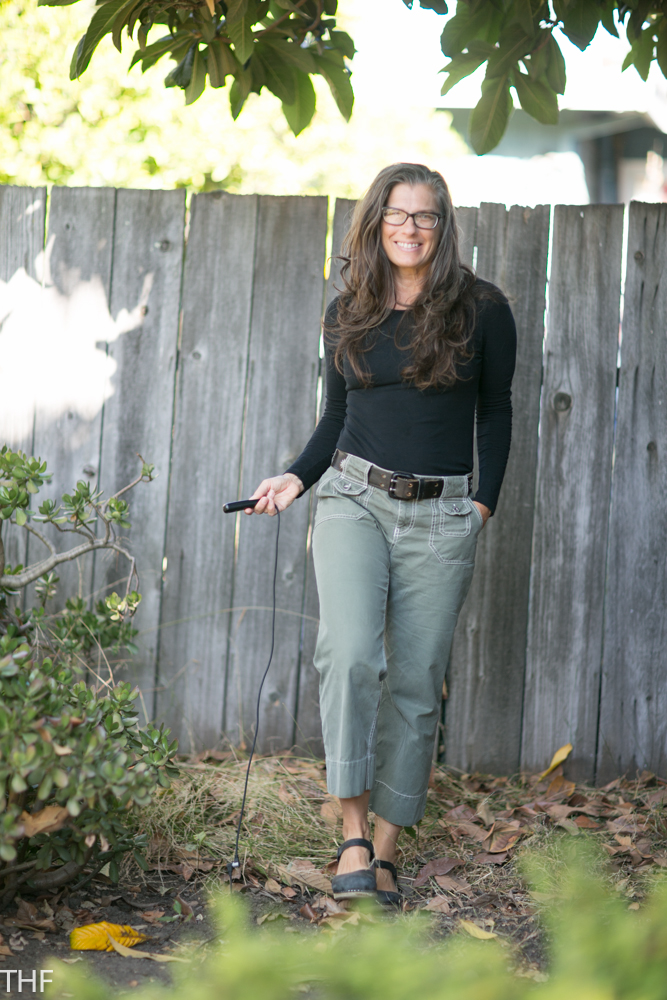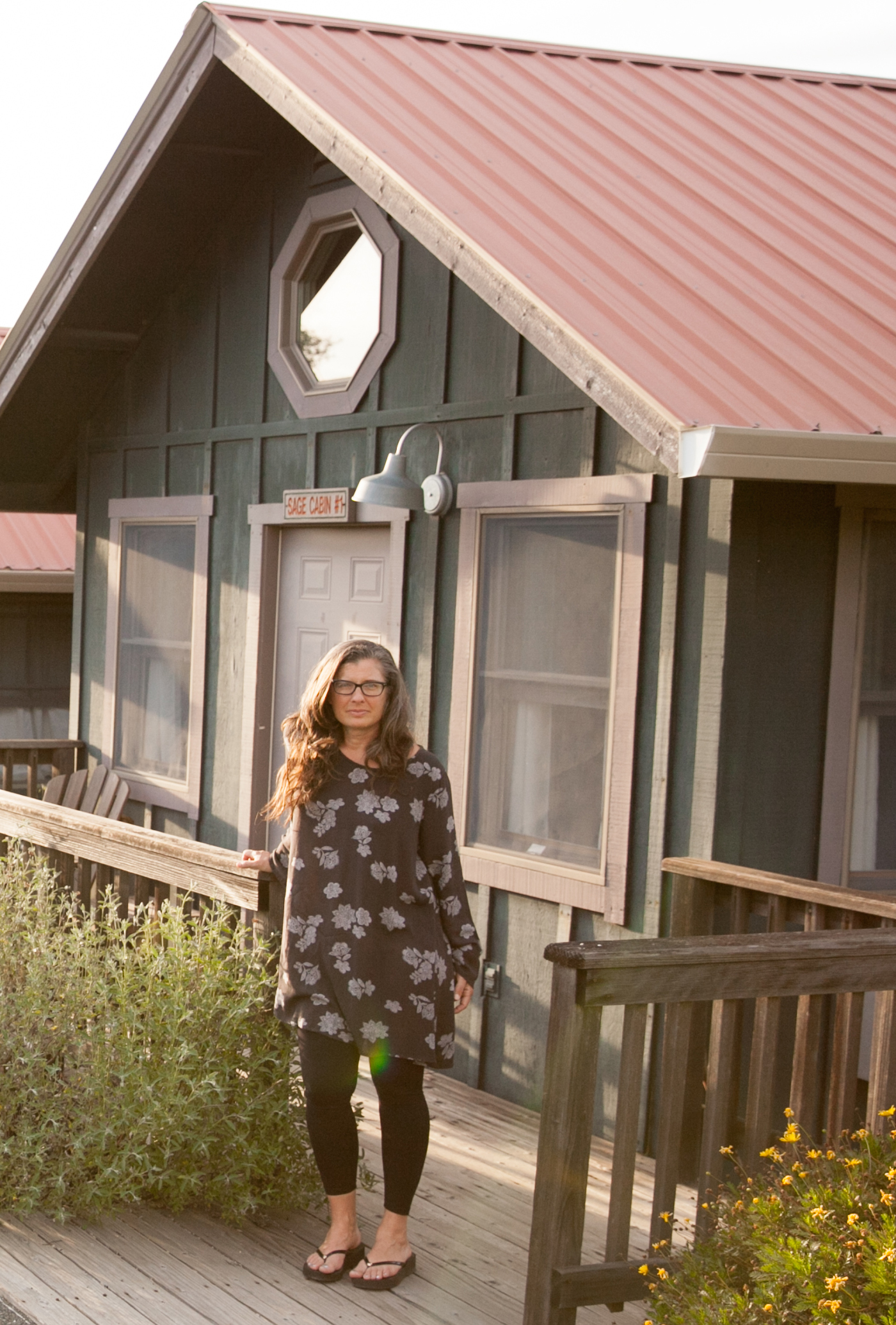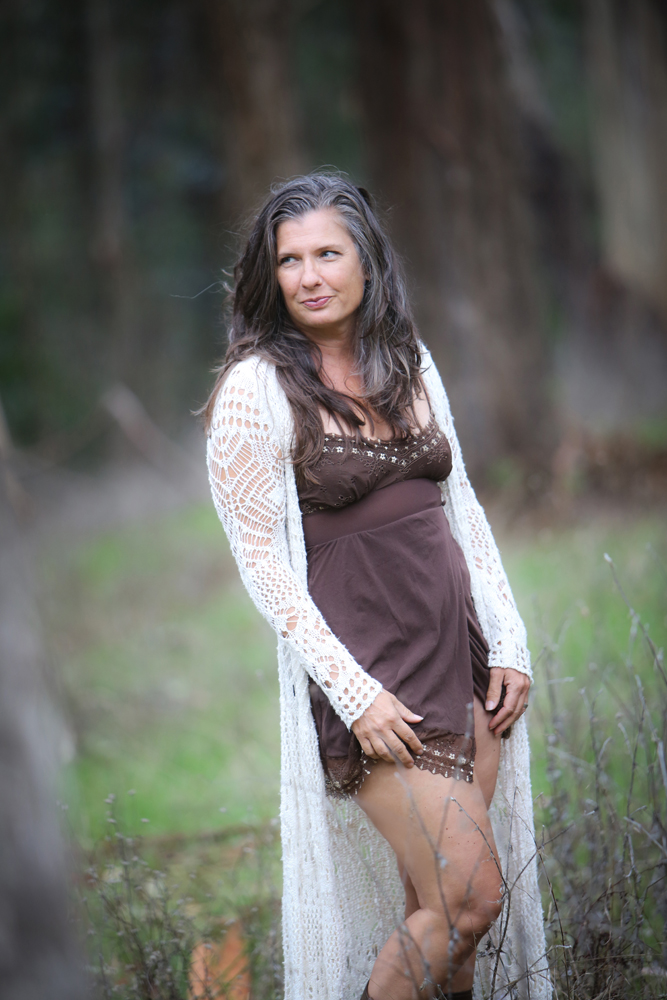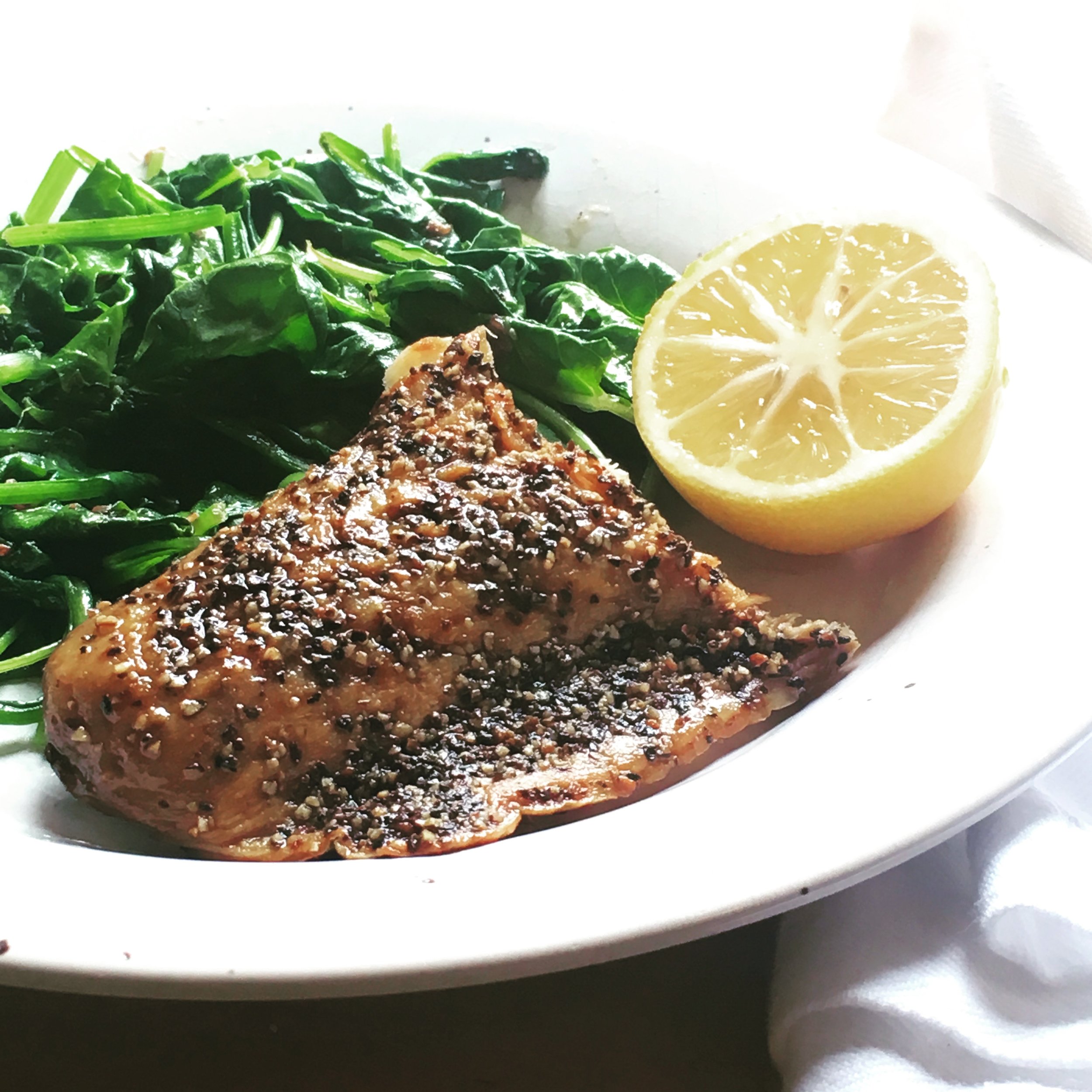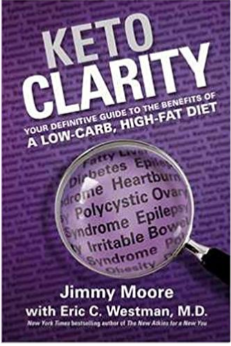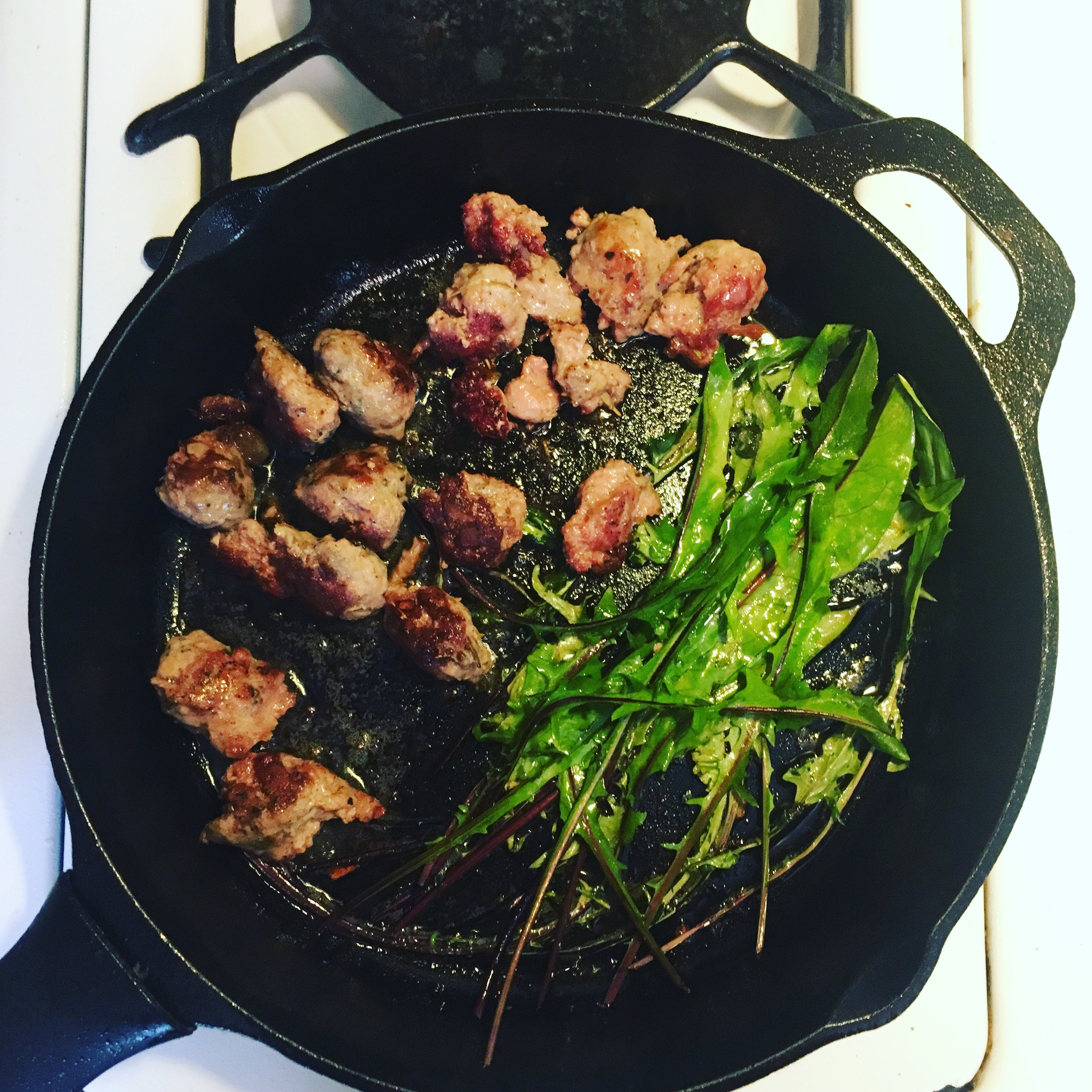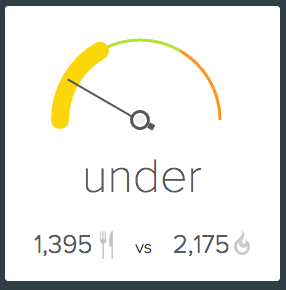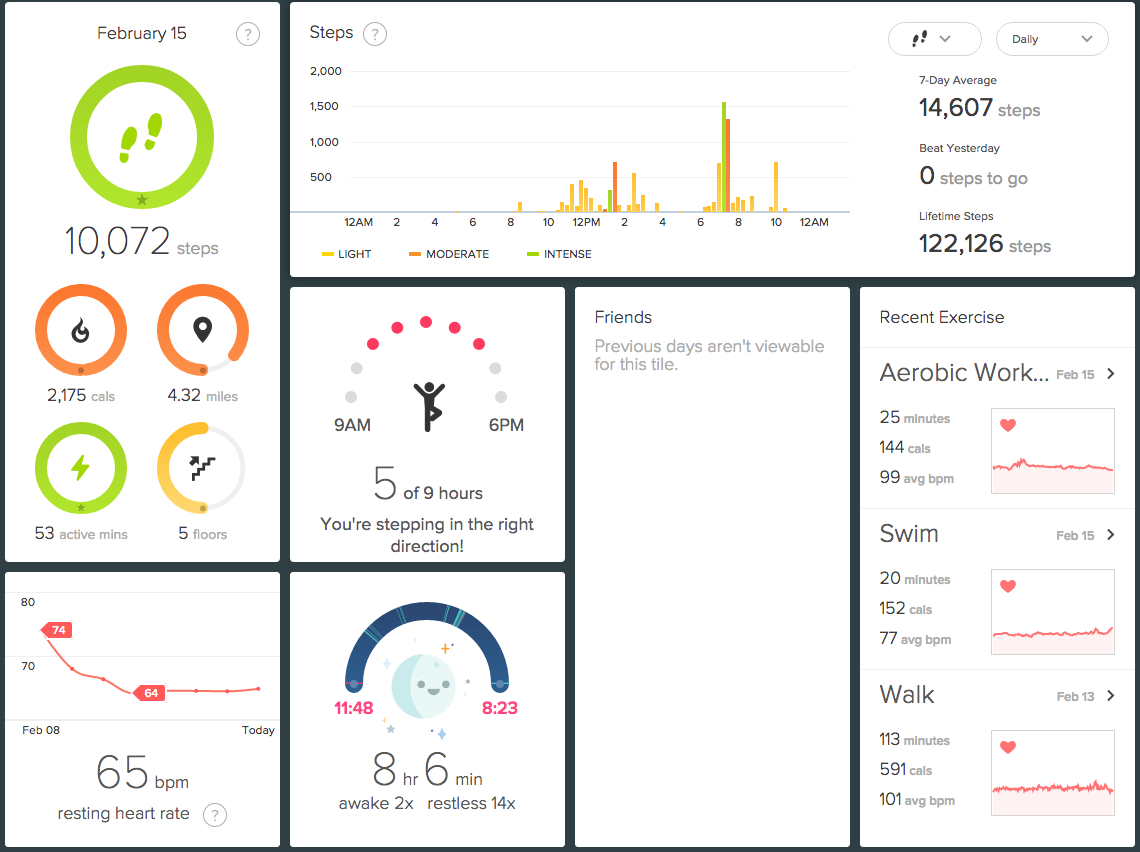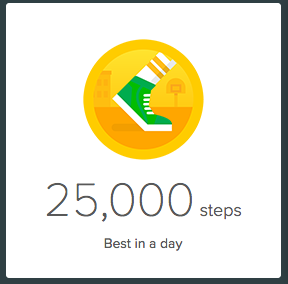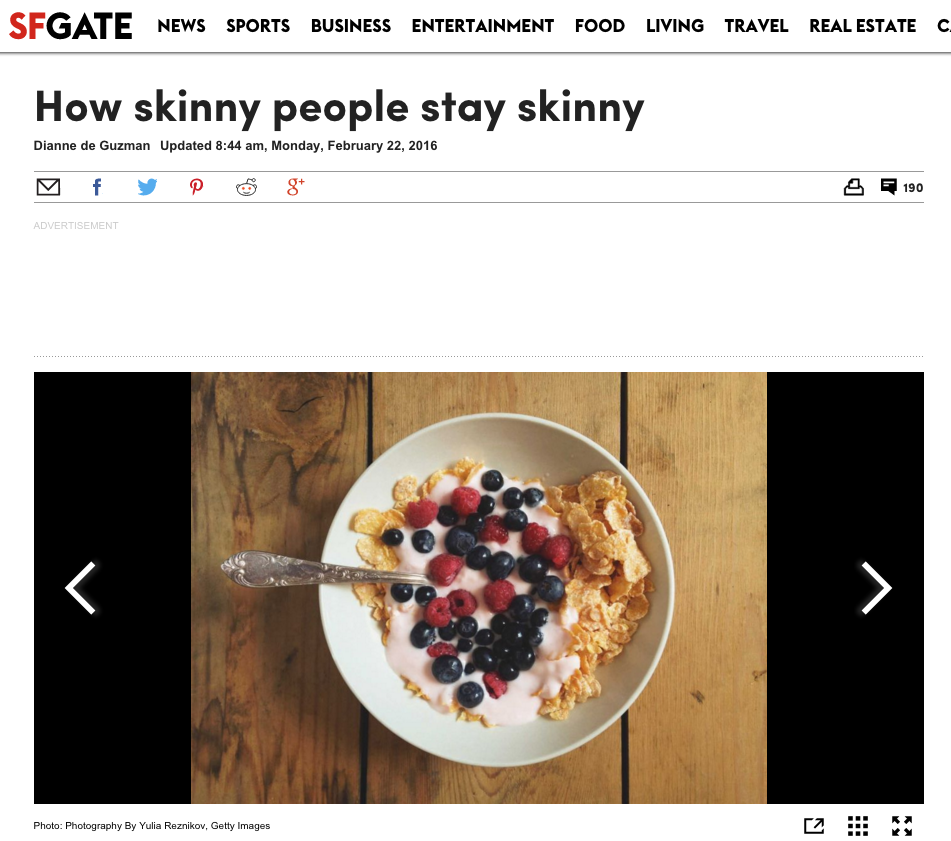Paving Your OWN Way to Optimal Health - Is Functional Medicine the Future of Healthcare?
/Left photo is now - gearing up for my 51st birthday, middle photo was from two years ago and the photo on the right is a photo my dear friend Laura Turbow took of me around my 50th birthday last year. I was around 20 pounds heavier in those previous photos although I have to say, I was hiding it well!
I haven't worn the pants in the newest photo above since my husband and I got married almost ten years ago. Funny thing is this blog post isn't about weight loss. Weight loss is just a happy bi-product of my ever-evolving and continuing journey to optimal health. I'm not only happy with the way I'm looking, but I'm feeling pretty great too and as I quickly approach my 51st birthday and listen to my husband's exclamations of how sexy I am. well - that's just the best!
My Health Journey with Chris Kresser and Functional Medicine
If you've been to any of The Healing Farm retreats or have read any of my early blog posts, you know that I worked with Functional Medicine practitioner Chris Kresser on the first leg of my healing journey. I agree with Chris that functional medicine could be (and should be) the future of healthcare (he has a new book coming out called "Unconventional Medicine"). This is why I'm hosting retreats based on the premise of healing from the inside out - finding what's at the core of your chronic health issues and addressing those problems in a quest for long-term healing and preventative care. It's also why I want to build the Healing Farm property. Except for some of the big stuff, like necessary surgeries (I had a ruptured appendix many years ago and would have died without surgery), cancer treatments, trauma and a whole host of other medical issues Western medicine can address, much of what Western medicine seems to do for chronic conditions and auto-immune disease is about putting a bandaid on the problem and not getting to the core issue.
If it weren't for the initial work I did with Chris, I would not be where I am today physically and emotionally or able to build The Healing Farm business as I'm currently doing. It's not that I went into his office with major issues, but it was a collection of long-term issues that seemed to be adding up and getting worse:
Add the words chronic to any of the conditions below and that's what I experienced:
- Sinus headaches so severe they bordered on migraines
- Massive indigestion that would sometimes keep my up all night wondering if I was having a heart attack
- Restless leg syndrome
- Fatigue
- Brain fog
- Increased mood swings - especially during PMS
- Low libido
- Constipation
- weight problems
- When I added chronic back pain to the list and opted out of surgery for that, I went to see Chris
When I worked with Chris, we found a parasite and some definciencies and indicators of inflammation. He put me on some herbal remedies and vitamins and an elimination diet and within six weeks most of my symptoms were alleviated. I was so inspired by natural healing and functional medicine that it set me on my current journey today. I had the energy and brain power to start taking business classes and started coming up with the concept of The Healing Farm. I would NEVER be where I am today if it weren't for the work I did with Chris Kresser. I would have continued to go around thinking it was just my darned bad luck that my body was so finicky.
Life-long Health Changes Can Take a Long Time and There May Be Setbacks
Fast forward a few years and my weight was creeping up again, restless legs were coming back, I was popping stomach pills and sinus pills again and wondering what the heck I was doing wrong. I thought I was eating a low sugar, low carb diet and I was almost 100% dairy and gluten free. I thought maybe it was just my aging body, but as I passed 50, I realized something was wrong again. I was listening to Magdalena Wszekaki's Cooking for Balance program since I was doing a retreat on menopause and women's health and started suspecting I may have a candida overgrowth or SIBO (small intestinal bacteria overgrowth). At this point in my business start-up I'm short on funds for just about everything so couldn't go to see Chris, but started doing some of the protocols in Magdalena's program including going on a vitamin and herb regimen recommended by her functional health practitioner and started taking Mega Spore probiotic. I've lost almost 20 pounds (I lost ten pounds on Keto) and am feeling great again. Now, I have to admit, I've been on a NO CARB, NO SUGAR, NO ALCOHOL plan for over eight weeks and had done the keto-type regimen right before I started the program and was now comfortable with eating fats and definitely not craving sugar or alcohol. This made it easier.
What I needed to think about though was the fact that I had almost lost all the work I had done with Chris and I needed to really think about the reasons. When I really thought about it, I realized I was drinking a lot of white wine and completely ignoring the fact that white wine is hight in sugar. I was sneaking in sugary snacks and gluten here and there and had found my new favorite go to chips (all natural beet chips in coconut oil) were really high in carbs (which converts to sugar in your body and if I do have a candida overgrowth - candida feeds on sugar). I also had to look at the amount of snacking and portions I was eating. I'm an emotional eater. It's a vicious cycle when you're down because you're not feeling good and it makes you feel better to eat (or drink wine). Basically, I was fooling myself thinking I was doing such a great job and was really producing more an more inflammation in my body. I got myself back into that unhealthy state. The no carb, high(er) fat plan has been working for me. Once I hit my goals and feel like I'm at optimal health, I'm not planning on going without my dark chocolate or an occasional beet chip, gluten free pizza, of glass of (red) wine in the future, but once I reach my goal, I know now what my limits are and I'm pretty darned happy with a few tablespoons of coconut yogurt (no sugar added!) for a sweet snack after dinner and some yummy ginger tea in the afternoon in the meantime.
Your Personal Paleo Code, or Whole 30 Code, or Ancestral Code, or Veggie Code, or Mediterranean Code...Find Out What Eating Plan is Best for YOU and YOUR Body.
"Your Personal Paleo Code" was the title of Chris Kresser's first book before it was changed to: "The Paleo Cure". What I liked about Chris' philosophy is that he stresses that's it's most important to find what works for you and YOUR body. Although he's more of an ancestral/paleo guy, he's not completely opposed to carbs and grains. He's all about finding what works best for your body through the elimination diet and getting to the bottom of other lurking issues through blood and stool testing and then finding the right path to true healing. My husband can eat just about anything and never gain weight. He feels great all the time and is rarely sick. His way of eating is more like a snake's. He can go for hours without thinking about eating and then eat a ton and feel fine. A dear friend feels best when she eats more of a mediterranean diet, another friend recently discovered she really likes fasting for 24 hours between meals and loves the way she feels, another friend is vegetarian but has celiac so balances her diet accordingly. She's incredibly healthy and active despite what some of us would see as deficient in some essential nutrients by not eating meat. The point is, it's all about you and your body and what makes you feel best.
But Functional Medicine is Expensive....
I was recently telling someone about The Healing Farm concept and she instantly said she's not a fan of functional medicine. I asked her why and she said it's because it's cost prohibitive to a lot of people. This is where perception needs to change both in our own minds and in our healthcare system. If I added up all of the costs of the MRI and cortizone shots for my back, the upper GI and Endoscopy for my GI issues, years of blood tests and all the medication I've taken since I was in my mid twenties, it would be WAY more than the treatment cost of working with Chris Kresser. What we pay in insurance and what some of us get in health benefits from work hides most of what Western medicine costs. If we were paying all those bills (which increasingly we ARE), it would shock us. I paid about $1,000.00 five years ago for my work with Chris and the benefits have been life-changing. If we can change our healthcare system to accept Functional medicine into the fold (I was recently told by a THF client that Sutter Health now has a functional medicine practitioner), then maybe we can TRULY change the way we heal ourselves and prevent chronic conditions. This is why the work Chris Kresser, other functional medicine practitioners, nutritionists and hopefully The Healing Farm does is so important. We need to change the future of healthcare so let's start now!

